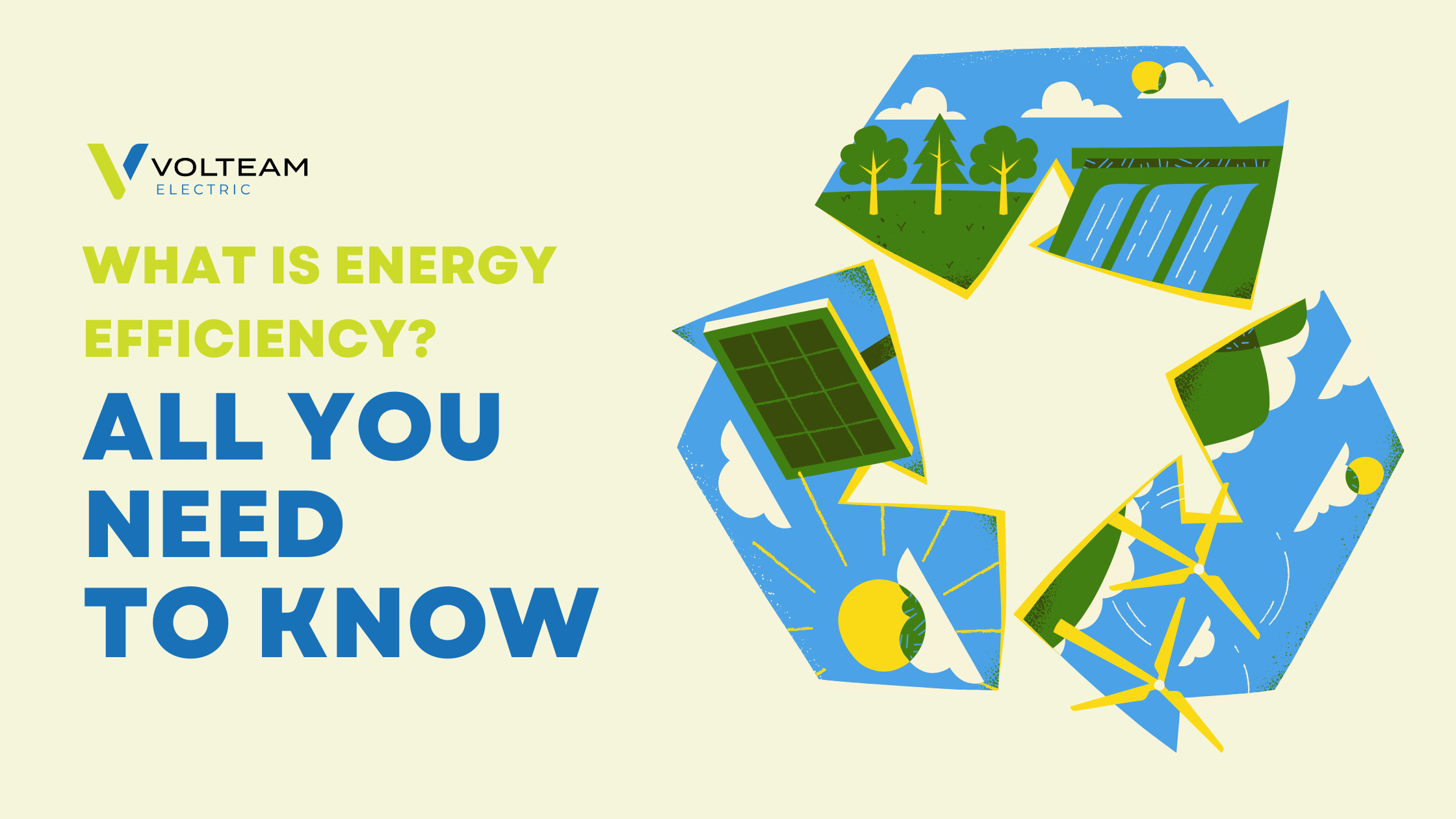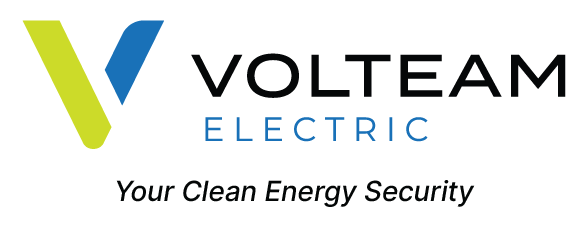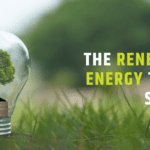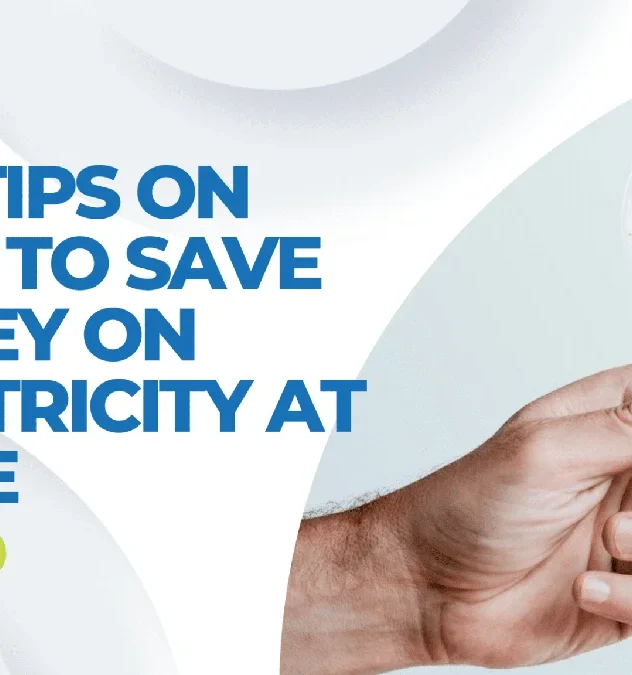
What is Energy Efficiency? All You Need to Know
As the largest contributor to Australia’s carbon emissions, monitoring our energy production is essential to creating a greener, cleaner future for the planet. Energy efficiency also offers several benefits for the nation’s homes and businesses, including helping to lower those ever-rising electricity bills.
From investing in more efficient appliances to making home upgrades, there are several things that you can do to experience these benefits and reduce your overall energy use.
Wondering where to start? In this guide, we’ll explain everything you need to know about energy efficiency and how to begin making those small changes that add up to a significantly lower energy consumption over time.
Energy Efficiency: What is it?
Energy efficiency refers to using lower amounts of electricity to power or perform the same task, therefore minimising energy waste where possible. This includes using less energy to run appliances, power electronics, or heat and cool your home.
Everyone from homeowners to businesses in the transport, building, and even retail sectors can achieve this by investing in renewable energy technologies, such as wind, geothermal, solar, and hydroelectric power.
However, one of the cheapest and fastest ways of reducing the nation’s use of fossil fuels is by focusing on improving energy efficiency. Making small changes around the home and workplace can quickly lower energy consumption, whether by switching to LED light bulbs or choosing more energy-efficient technologies and appliances.
You can also enhance your home’s energy efficiency by getting an Energy Efficiency Certificate from the National House Energy Rating Scheme (NatHERS).
What Are the Benefits of Being More Energy Efficient?
Knowing how to use energy more efficiently offers a range of advantages for home and business owners, landlords, tenants, and the country as a whole. Here are 3 key ways that taking more notice of energy efficiency could benefit you:
1. Reduces Greenhouse Gas Emissions
Using less energy means that fewer fossil fuels, like oil, coal, and natural gas, must be burnt to meet the demand from our electricity grid.
These fossil fuels release carbon dioxide emissions into the atmosphere that trigger climate change, while creating air pollution that can be toxic to our health. They’re also a non-renewable source of energy, meaning that they’re likely to run out quickly.
Being more energy efficient and lowering our use of fossil fuels helps us take one step closer to the Australian Government’s emissions reduction targets of 43% by 2030, therefore aiding the transition to net zero emissions by 2050.
2. Lowers Energy Bills
Reducing your energy consumption can also generate significant cost savings.
For example, many energy-efficient appliances have higher upfront costs than those with lower ratings, particularly due to their better-quality components. However, over time, you’ll be spending less money to power these pieces of equipment, meaning your energy costs will be lower.
In fact, research indicates that switching to a 7-star, all-electric home can save Australian city householders an average of $450 per year on heating and cooling costs.
3. Improves the Electricity Grid
According to Australia’s 2024 Energy Update, energy consumption increased by 2% from 2022 to 2023, after 3 successive years of decline.
Combined with the growing population during this time, which increased by 2.4% to 26.6 million, this means that there are now more people and homes than ever relying on the electricity grid.
This reliance increases during heatwaves and other extreme weather events, which can put excessive pressure on the system. Implementing energy efficiency measures therefore helps to relieve some of this pressure, reducing the demand for electricity and lowering the risk of power outages during peak times.
How to Improve Energy Efficiency At Home
Are you focused on reducing energy consumption within your home, but unsure of where to start? Try the following tips and start making the transition to a more energy-efficient lifestyle today:
Choose Energy Efficient Appliances
When purchasing new appliances for your home, be sure to check the Energy Rating Label. Regulated by the government, this shows the energy efficiency of household appliances, therefore helping you to compare running costs and make informed buying decisions.
By providing information on energy consumption, an Energy Efficiency Label gives each product a star rating between 1 and 6, including:
- Washers
- Dryers
- Dishwashers,
- Refrigerators
- Freezers
- Televisions
- Non-ducted air conditioners
The more stars, the more energy efficient a product is, and the higher your energy savings will be. Some super energy efficient models also now have an extra row of stars that go up to 10. Supporting the use of energy efficient devices is the Queensland Government, which offered the Climate Smart Energy Savers Rebate from September 2023 until the beginning of 2024.
Try to use your appliances wisely too. For instance, switching them off at the power point rather than letting them go into standby mode uses significantly less power, while washing your clothes in cold water can reduce your energy consumption by around one-fifth.
Swap Out Your Lighting
Old-style halogen lights are known for their high energy consumption. Switching to LED bulbs can therefore generate significant cost savings as they use approximately 80% less energy.
This is because they don’t create heat like other types of lighting, meaning they require less electricity to convert the same amount of energy into light. They also last up to 10 times longer, for a period of around 25,000 hours, so you won’t need to spend so much on replacements.
Consider More Energy Efficient Heating and Cooling
Portable blow heaters may cost less, but they use significantly more energy than other heating systems, meaning that your energy bills will be higher.
Instead, try switching them out for heat pumps, and make the most of natural heating too. Let the sunshine warm up your home during the day and close curtains at night when you’ve got the heater on.
If you do decide to purchase an air conditioning system, go for a reverse-cycle air conditioner. As the most energy-efficient system, they generate fewer greenhouse gas emissions and are much cheaper to run.
Draught-proof the rooms you’re using these systems in to minimise heat loss where possible, including keeping windows closed and making use of door snakes.
Install Insulation
Today, new homes are built to comply with Australian building standards under the National Construction Code (NCC). These buildings must meet standards for design and insulation, including being constructed with heat-retaining materials.
However, many houses were built before these modern standards were implemented, meaning that maintaining comfortable temperatures throughout the year costs significantly more.
One way to improve energy efficiency and create a more thermally comfortable home is therefore by investing in reliable insulation materials, such as bulk or reflective foil.
Insulator materials work by slowing down convection and trapping air that’s usually lost through the roof, walls, floors, or ceilings. Be sure to choose insulation with a high R-value, which indicates the level of resistance a particular material has to heat flow.
Invest in Solar Power
2023 saw a 20% growth in solar energy generation, which is the highest on record for Australia – and for good reason. Solar power is a source of renewable energy that reduces your reliance on the electricity grid, allowing your home to become energy-independent and creating significant savings on your next electricity bill.
Solar panels generate clean energy from the sun by transforming its light into direct current (DC) electricity, which is then turned into a 230V alternating current (AC) to power your household appliances. The optional solar trackers can also help your system produce more energy by exposing your panels to more sunlight.
If you do produce any excess energy, it won’t go to waste, and can be stored in a solar battery for cloudy days or fed back into the electricity grid. You may also be able to receive financial compensation from this energy through government feed-in tariffs.
Enhance Your Home’s Energy Efficiency with Volteam
Looking for an easy way to start generating clean energy for your home or business? At Volteam, we’ve been delivering sustainable energy solutions in Southeast Queensland for almost two decades.
Our fully licenced, Clean Energy Council-accredited team are committed to helping you turn our abundant sunshine into renewable energy sources, improving your home’s energy efficiency and tackling expensive electricity bills.
Get in touch today to find out more about our reliable solar panel installation and maintenance services. Plus, see how much you could save by investing in renewable energy sources with our Solar Savings Calculator.








